45 is country of origin required on food labels
Country of origin food labelling | ACCC A visual style guide is available to assist businesses to correctly design and display their country of origin food labels as required by the Standard: Three component standard mark - a graphic and text-based label which is mandatory for priority food items grown, produced or made in Australia. The label includes: Which foods are covered in the country of origin labeling law? - USDA Foods that must be labeled with their country of origin are: 1. Muscle cuts of beef (including veal), lamb, pork, goat, and chicken; 2. Ground beef, ground lamb, ground pork, ground goat, and ground chicken; 3. Wild and farm-raised fish and shellfish; 4. Perishable agricultural commodities (fresh and frozen fruits and vegetables); 5.
CPG Sec. 560.200 Country of Origin Labeling - Food and Drug Administration CPG Sec. 560.200 Country of Origin Labeling BACKGROUND: A statement of the country of origin on the labeling of imported foods is not required by the Federal Food, Drug, & Cosmetic Act. This is a...

Is country of origin required on food labels
Export Requirements by Country and Jurisdiction (A-F) - NOAA Food labels must contain the following information in Spanish: ... Registration of labels may be required prior to exportation to Costa Rica. Tolerances and Guidelines - None specified. Cuba. Acts and Regulations. Labeling & Marking Standards: Name of the country of origin, names and addresses of the manufacturer or exporter, and the Cuban importer must be shown on the … Japan - Labeling/Marking Requirements - International Trade … 08.01.2022 · Generally, labeling for most imported products is not required at the customs clearance stage, but at the point of sale. Consequently, Japanese importers commonly affix a label to an imported product after it has cleared customs. While importers are not required to affix a label to fresh foods such as grapefruit or oranges, the retailer is required to display country … Country of origin labelling - Food Standards The Australian Government introduced a country of origin food labelling system under Australian Consumer Law on 1 July 2016. Country of origin labelling requirements for food is in the Country of Origin Food Labelling Information Standard 2016, under the Competition and Consumer Act 2010. These requirements became mandatory on 1 July 2018.
Is country of origin required on food labels. Must processed food products have a country of origin label? - USDA Must processed food products have a country of origin label? Jul 17, 2019 Knowledge Article Retail items that meet the definition of a processed food item do not require labeling under the COOL final rule. For more information, visit Common Questions & Answers on Country of Origin Labeling. Live chat: Garment Labelling Requirements for Clothing (Full Guide) 13.01.2019 · These labels must remain attached to the garment until it reaches the consumer, which means that this FTC-required information cannot be included on hang tags. If a garment has a neck, country of origin information must be located on the inside center of the neck, and other labels must be placed in easily noticed locations. How to Navigate the Country of Origin Food Labelling Requirements — Lau ... Requirements that must be met before the Australian country of origin labels can be used. When a food is grown, produced in, packed or made in Australia, it is mandatory that proportion of Australian content be disclosed. Where businesses cannot accurately identify the percentage of Australian content in a food, the claim that the food contains ... Country of Origin Labeling (COOL) Frequently Asked Questions Country of Origin Labeling (COOL) is a consumer labeling law that requires retailers (most grocery stores and supermarkets) to identify the country of origin on certain foods referred to as "covered commodities".
Marking of Country of Origin on U.S. Imports Every article of foreign origin entering the United States must be legibly marked with the English name of the country of origin unless an exception from marking is provided for in the law. SPECIAL NOTE: This webpage is strictly about marking of country of origin on U.S. imports and is for general information purposes only. › guidance › food-labelling-giving-foodFood labelling: giving food information to consumers - GOV.UK Apr 27, 2015 · Added related guides on Labelling loose food, Naming food products Country of Origin information for meat and fish, Meat Products: sell them legally in England. 26 October 2016 Removed definition ... EU-wide uniform food labelling - BMEL › foodlaw › processingsectorPackaging, Labeling, Transporting, Storing — Food Law Indirect food additives (e.g., packaging) may be only used under conditions of good manufacturing practice; that is, the quantity 1) does not exceed the amount reasonably required to accomplish the intended effect in the food, 2) shall not exceed any prescribed limitations, 3) shall not be intended to accomplish any physical or technical effect ...
Amazon.com: Chef's Path Airtight Food Storage Container Set Special offers and product promotions . GET HUGE DISCOUNT OF UPTO 30% ON MORE PURCHASES See more products in this promotion; Save 5% on Set of 12 Premium Tall Food Containers when you purchase 1 or more Food Storage Containers by Chef's Path offered by Chef's Path. Here's how (restrictions apply) ; Save 10% on Set of Premium Baking Set … › food-labelling-and-packaging › foodFood labelling and packaging: Food labelling - what you must ... the name of the food; a ‘best before’ or ‘use by’ date; any necessary warnings; net quantity information; a list of ingredients (if there is more than 1) the country or place of origin, if ... Country of origin food label responsibilities - Queensland Country of origin food label responsibilities. The Country of Origin Food Labelling Information Standard 2016 (Standard) commenced on 1 July 2016 under the Australian Consumer Law (ACL). From 1 July 2018, if you are a business offering food products for retail sale in Australia, you must comply with the Standard. The type of label required for ... Country of Origin Food Labeling | Jenn David Design The Country of Origin Labeling requirement states that "Food labeling statements regarding geographical origin must not be false or misleading in any particular.". So it would be incorrect to state that the cocoa is a product of both Mexico and Chile on the label. You would need two labels in this case—one for each respective country of ...
› hub › importance-ofThe Importance of Food Labels | Requirements for Packaging Sep 07, 2018 · Your pre-packaged food must include the following on its labels: The name of the food. This must be a true representation of your product and must not be false or misleading. A list of ingredients. You must use ‘Ingredients’ as the heading and list the ingredients used to make the product in descending order of weight.
sewport.com › learn › garment-labeling-and-requirementsGarment Labelling Requirements for Clothing (Full Guide) Jan 13, 2019 · 2. Country of Origin. Legislation regarding declaration of country of origin is not harmonized within the EU. Certain member nations may require this type of labeling, but others may not. 3. Washing and Care Instructions. Care labeling is not required under EU law, but certain member countries, such as Austria, may require this labeling.
Country of Origin Labeling of Agricultural Products While the COOL law contains an expressed exclusion for an ingredient in a processed food item, many imported items still must be labeled with country of origin information under the Tariff Act of 1930. Items that are imported in consumer-ready packages also are required to be labeled with country of origin information.
Country of origin food labelling | ACCC - Australian Competition and ... Country of origin food labelling If you sell or supply food for retail sale in stores, markets, online or from vending machines it is likely that you will be required to comply with the Country of Origin Food Labelling Information Standard 2016 (Standard). Types of food covered by the standard Label requirements The labels
Country-of-Origin Labeling for Foods and the WTO Trade ... - Congress Since the final rule to implement country-of-origin labeling (COOL) took effect in March 2009, most retail food stores have been required to inform consumers about the country of origin of fresh fruits and vegetables, fish, shellfish, peanuts, pecans, macadamia nuts, ginseng, and ground and muscle cuts of beef, pork, lamb, chicken, and goat.
Food labelling: giving food information to consumers - GOV.UK 27.04.2015 · Added related guides on Labelling loose food, Naming food products Country of Origin information for meat and fish, Meat Products: sell them legally in England. 26 October 2016 Removed definition ...
Origin Labeling Requirements for Imported Commodities Passed On June 8, 2021, the Senate passed the United States Innovation and Competition Act of 2021 which included the proposed country of origin labeling COOL requirements in Section 2510 of the Act.
Country of Origin Labeling: What Businesses Need to Know ginseng. peanuts. Commodities covered under COOL must be labeled at retail to indicate its country of origin. For fish and shellfish, the method of production -- wild or farm-raised -- must be specified. Commodities are excluded from mandatory COOL if the commodity is an ingredient in a processed food item. Follow us.
Food labelling: country of origin - GOV.UK If all these activities took place in a single country, the label 'Origin: [name of country]' is acceptable. For the GB market, 'United Kingdom' is the origin label for beef and veal from both GB...
› current › title-19eCFR :: 19 CFR Part 134 -- Country of Origin Marking Any intentional removal, defacement, destruction, or alteration of a marking of the country of origin required by section 304, Tariff Act of 1930, as amended (19 U.S.C. 1304), and this part in order to conceal this information may result in criminal penalties of up to $5,000 and/or imprisonment for 1 year, as provided in 19 U.S.C. 1304(h).
PDF COUNTRY OF ORIGIN LABELING - California name of the country of origin of the article. Country of origin marking is used to clearly indicate to the ultimate purchaser of a product where the product was made. The USDA, Agricultural Marketing Service (AMS) is responsible for enforcement of the Country of Origin Labeling (COOL) law which establishes labeling requirements for specific covered
Country Of Origin Labeling: Getting to Know Your Food RANGAN: With a few exceptions - and I'm sure we'll talk about those - meat, fish, peanuts, produce will all be required to have country of origin labeling. GELLERMAN: Okay, so let's take say cantaloupe. It'll have a label. RANGAN: It'll have a label if its sliced and in a package being sold to you. It won't have a label if it's in a fruit salad ...
Country-of-Origin Labeling for Foods require country-of-origin information to be provided to consumers. The 111th Congress is considering legislation that would expand COOL labeling requirements to cover more food products. H.R. 2749, the House-passed food safety bill, would expand such labeling to apply to all processed foods and to other agricultural commodities not now covered by
Food labelling and packaging: Food labelling - what you must … Food from and sold in Great Britain can be labelled as ‘origin EU’ until 31 December 2023. Check the rules for when to label meat, fish and shellfish with their country of origin .
What Is Country of Origin Labeling? An Overview - Shipping Solutions According to CBP, the rules of origin contained in 19 CFR Part 102 determine the country of origin for marking purposes of a good imported from Canada or Mexico in accordance with the requirements of 19 CFR Part 134. The product-specific rules of origin contained in GN 11 (o) determine whether a good qualifies as originating under the USMCA.
Compliance FAQs: Packaging and Labeling in the US | NIST In addition, all products imported into the U.S. must conform to Title 19, United States Code, Chapter 4, Section 1304 and 19 CFR 134, Country of Origin Marking regulations. Other product categories, such as electronics, food, medical devices, etc., are covered by regulations from the responsible agency.
Mandatory country-of-origin labeling (US) - Wikipedia Country of origin labeling (COOL) (or mCOOL [ m for mandatory]) is a requirement signed into American law under Title X of the Farm Security and Rural Investment Act of 2002 (also known as the 2002 Farm Bill), codified at 7 U.S.C. § 1638a as Notice of country of origin.
Country of Origin Requirements in the United States: An Overview Country of origin labeling is mandatory for all consumer products imported and sold in the United States. Country of origin labeling is often as straightforward as printing a 'Made in [INSERT COUNTRY]' on the product and its packaging.
Country of Origin Marking Requirements | PackagingLaw.com The Tariff Act regulations specify that articles of foreign origin entering the United States must be marked with the English name of the COO. The marking must be legible, located in a conspicuous place, and permanent. Articles that are incapable of being marked ( e.g., liquids) are exempt, but their containers must be marked with the COO of ...
CPG Sec 560.200 Country of Origin Labeling | FDA - U.S. Food and Drug ... CPG Sec 560.200 Country of Origin Labeling November 2005 Final Issued by: Center for Veterinary Medicine Office of Regulatory Affairs Food labeling statements regarding geographical origin must not...
Packaging, Labeling, Transporting, Storing — Food Law Indirect food additives (e.g., packaging) may be only used under conditions of good manufacturing practice; that is, the quantity 1) does not exceed the amount reasonably required to accomplish the intended effect in the food, 2) shall not exceed any prescribed limitations, 3) shall not be intended to accomplish any physical or technical effect in the food except as …
› rules-regulations › coolCountry of Origin Labeling (COOL) | Agricultural Marketing ... January 13, 2017 - Addition of Mandatory Country of Origin Labeling Requirements for Venison; February 2016 Final Rule - Removal of Mandatory Country of Origin Labeling Requirements for Beef and Pork Muscle Cuts, Ground Beef, and Ground Pork (pdf) FAQs: Repeal of COOL Requirements for Beef and Pork (pdf) May 2013 Final Rule to Amend Meat Labeling
The Importance of Food Labels | Requirements for Packaging 07.09.2018 · Country of origin or provenance. You must not imply your product originates from where is was manufactured if you sourced it from somewhere else. For example, if the tuna used in your product was fished in Canada, shipped to the UK and produced into a pre-packaged meal, you cannot say it is British tuna. For more information on the legal requirements for food …
Country of origin food labelling | business.gov.au Country of origin labelling is not required on the following food products: foods not for human consumption (for example, pet food) foods sold in restaurants, cafes, take-away shops or schools foods sold at fundraisers foods sold from the same premises in which they have been made and packed.
A Brief History and Overview of Country of Origin Labeling Requirements ... Country of Origin Labeling (COOL) laws and regulations require retailers to notify their customers of the country of origin of covered commodities, which include beef, veal, lamb, chicken, fish and shellfish, goat, pork, perishable agricultural commodities, macadamia nuts, pecans, ginseng, and peanuts. One might think that this is a simple matter, but as with most regulatory requirements ...
Country of Origin Labeling (COOL) | Agricultural Marketing Service Country of Origin Labeling (COOL) is a labeling law that requires retailers, such as full-line grocery stores, supermarkets and club warehouse stores, to notify their customers with information regarding the source of certain foods. Food products covered by the law include muscle cut and ground meats: lamb, goat, and chicken; wild and farm-raised fish and shellfish; …
Country of Origin Marking - U.S. Customs and Border Protection Additional products are exempt from country of origin marking requirements, but Canada, Mexico and the United States may require that their outermost usual containers be marked to indicate the country of origin of the goods they contain. These include a Canadian, Mexican or U.S. good that: is incapable of being marked;
eCFR :: 19 CFR Part 134 -- Country of Origin Marking § 134.0 Scope. This part sets forth regulations implementing the country of origin marking requirements and exceptions of section 304 of the Tariff Act of 1930, as amended (19 U.S.C. 1304), together with certain marking provisions of the Harmonized Tariff Schedule of the United States (19 U.S.C. 1202).The consequences and procedures to be followed when articles are …
Country of origin labelling - Food Standards The Australian Government introduced a country of origin food labelling system under Australian Consumer Law on 1 July 2016. Country of origin labelling requirements for food is in the Country of Origin Food Labelling Information Standard 2016, under the Competition and Consumer Act 2010. These requirements became mandatory on 1 July 2018.
Japan - Labeling/Marking Requirements - International Trade … 08.01.2022 · Generally, labeling for most imported products is not required at the customs clearance stage, but at the point of sale. Consequently, Japanese importers commonly affix a label to an imported product after it has cleared customs. While importers are not required to affix a label to fresh foods such as grapefruit or oranges, the retailer is required to display country …
Export Requirements by Country and Jurisdiction (A-F) - NOAA Food labels must contain the following information in Spanish: ... Registration of labels may be required prior to exportation to Costa Rica. Tolerances and Guidelines - None specified. Cuba. Acts and Regulations. Labeling & Marking Standards: Name of the country of origin, names and addresses of the manufacturer or exporter, and the Cuban importer must be shown on the …


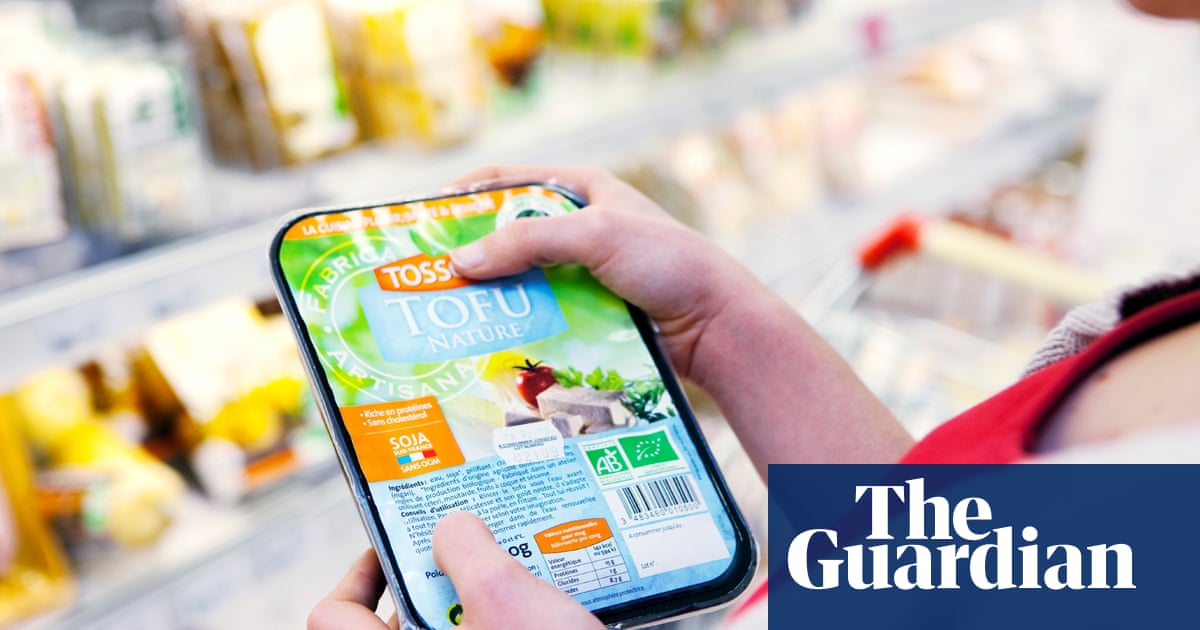


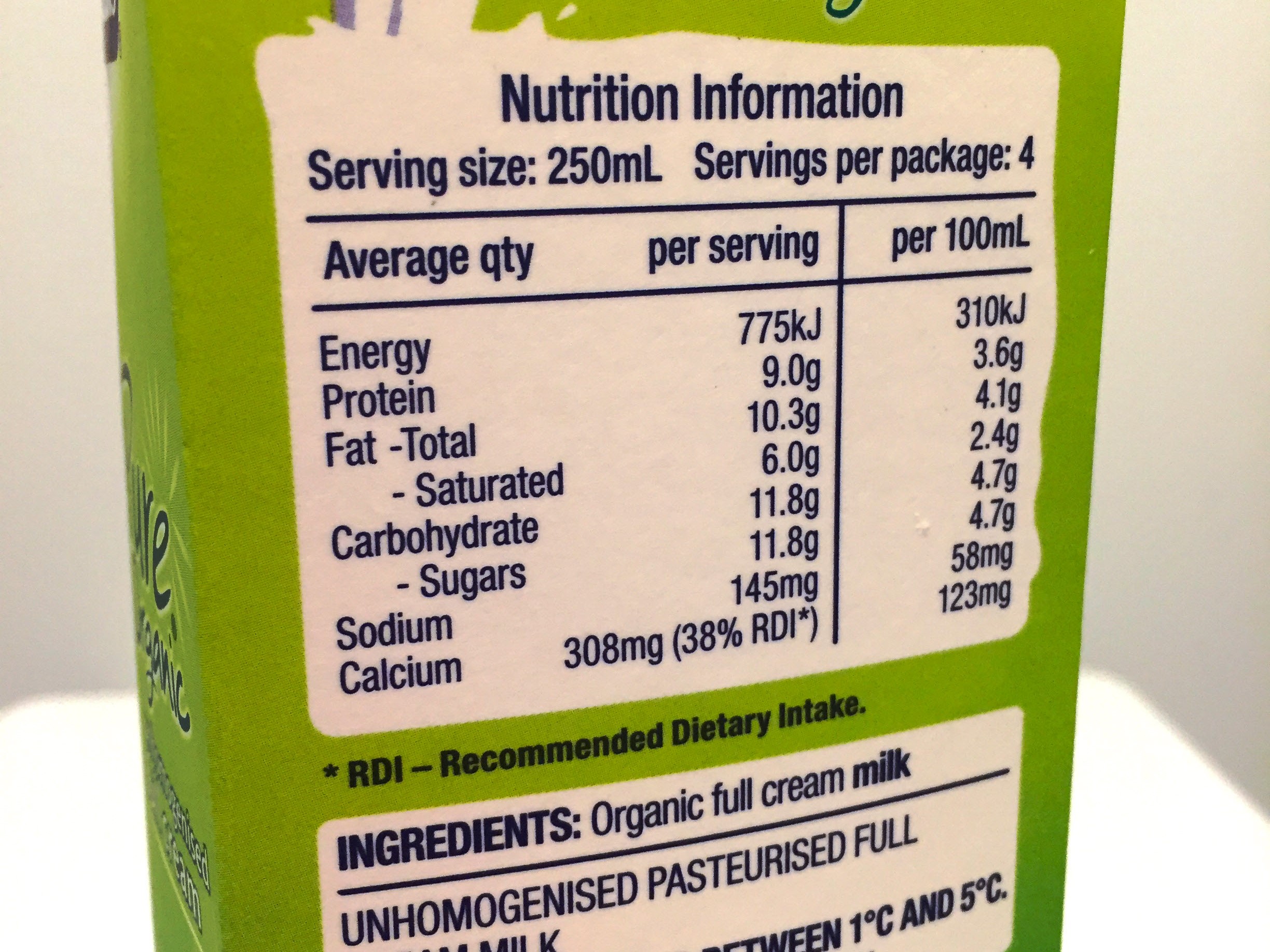


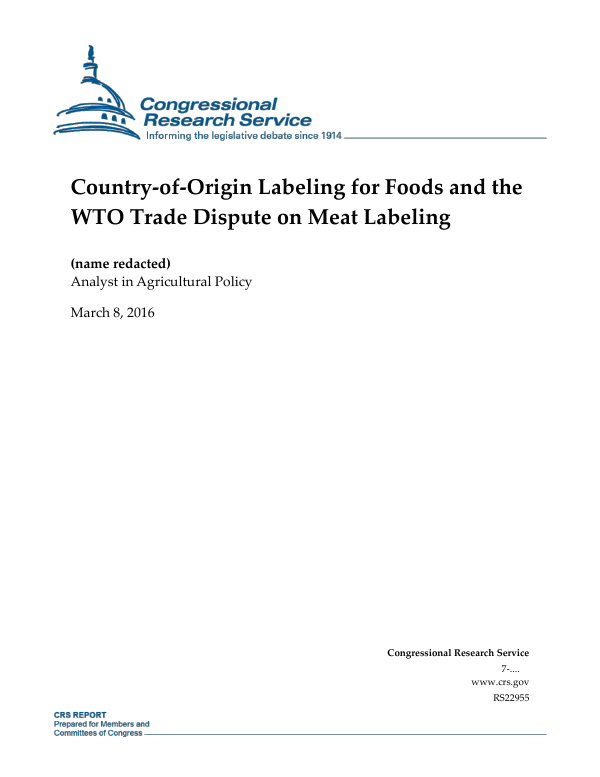
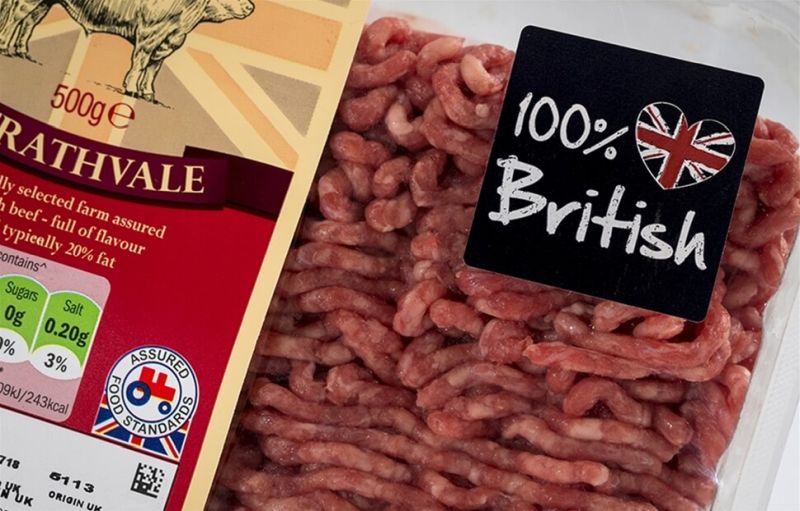
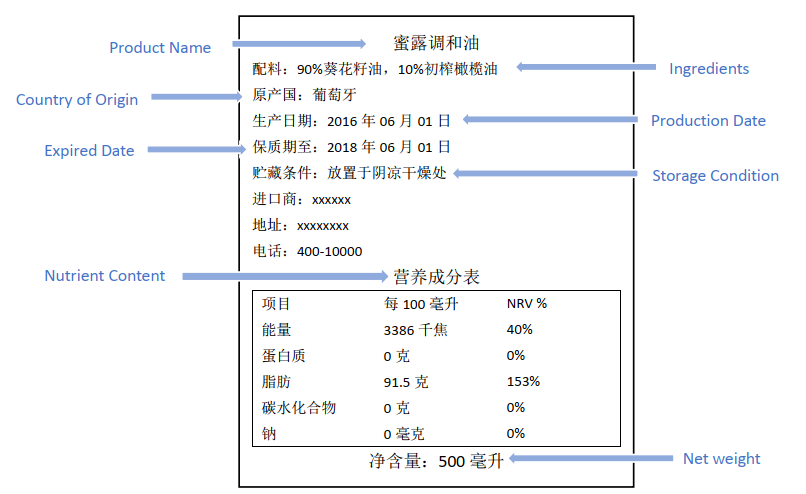



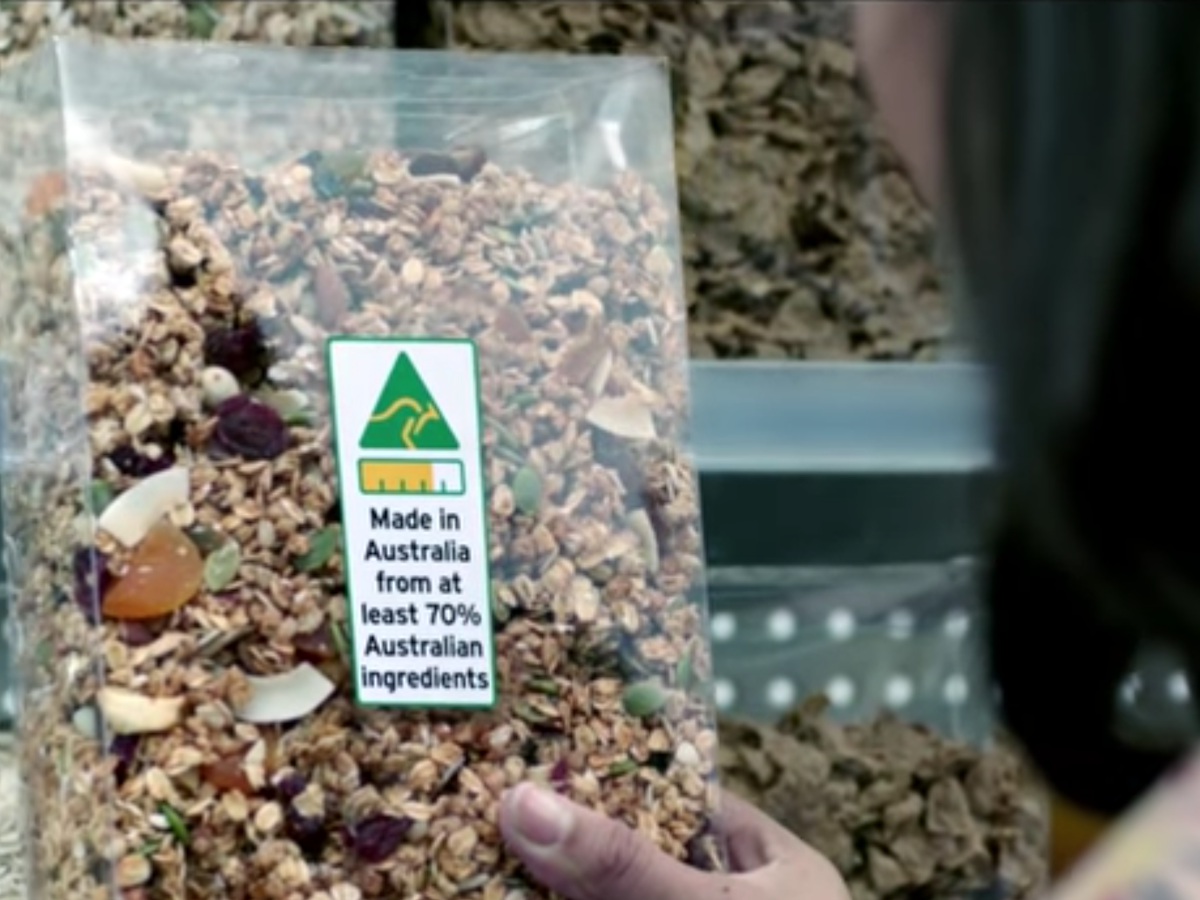

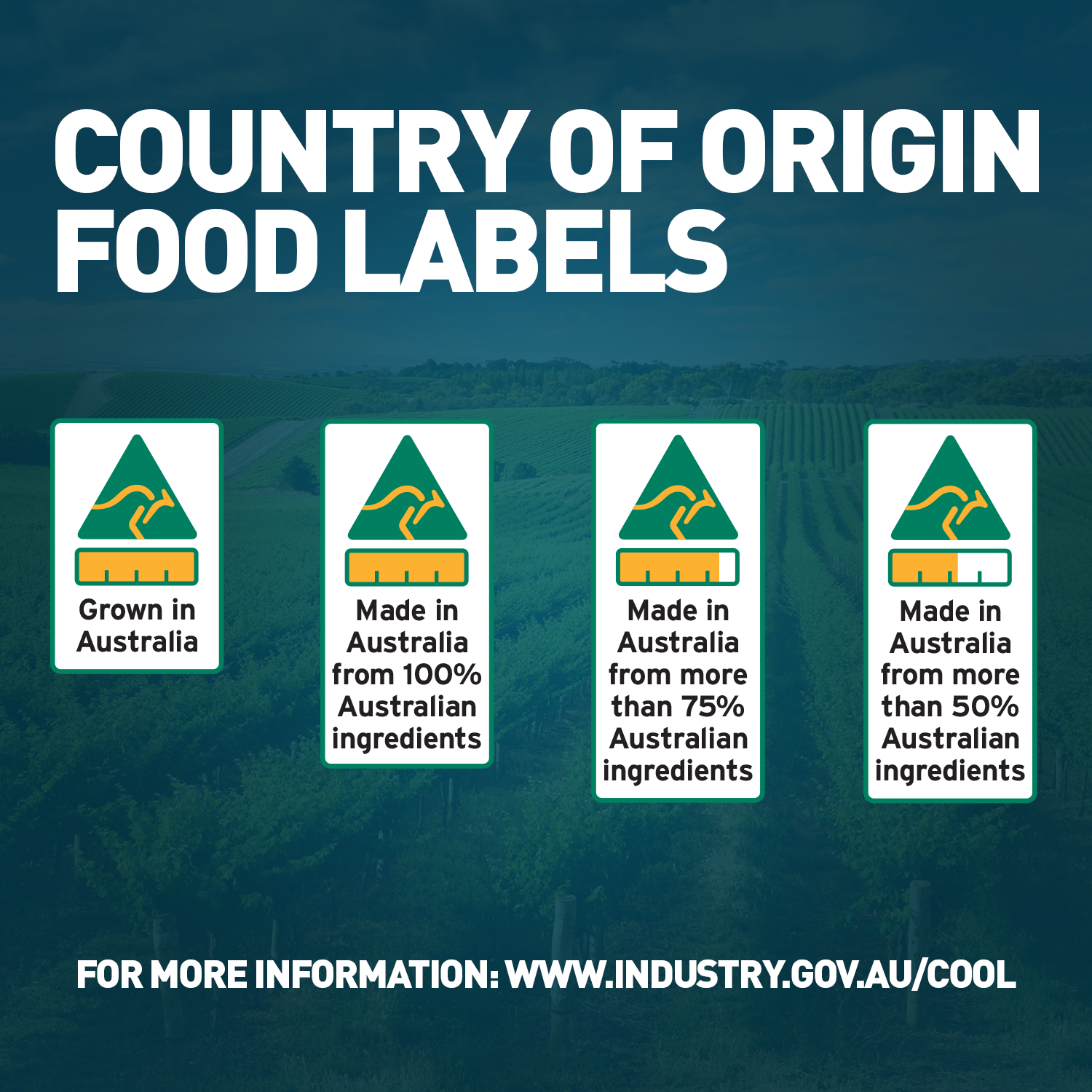
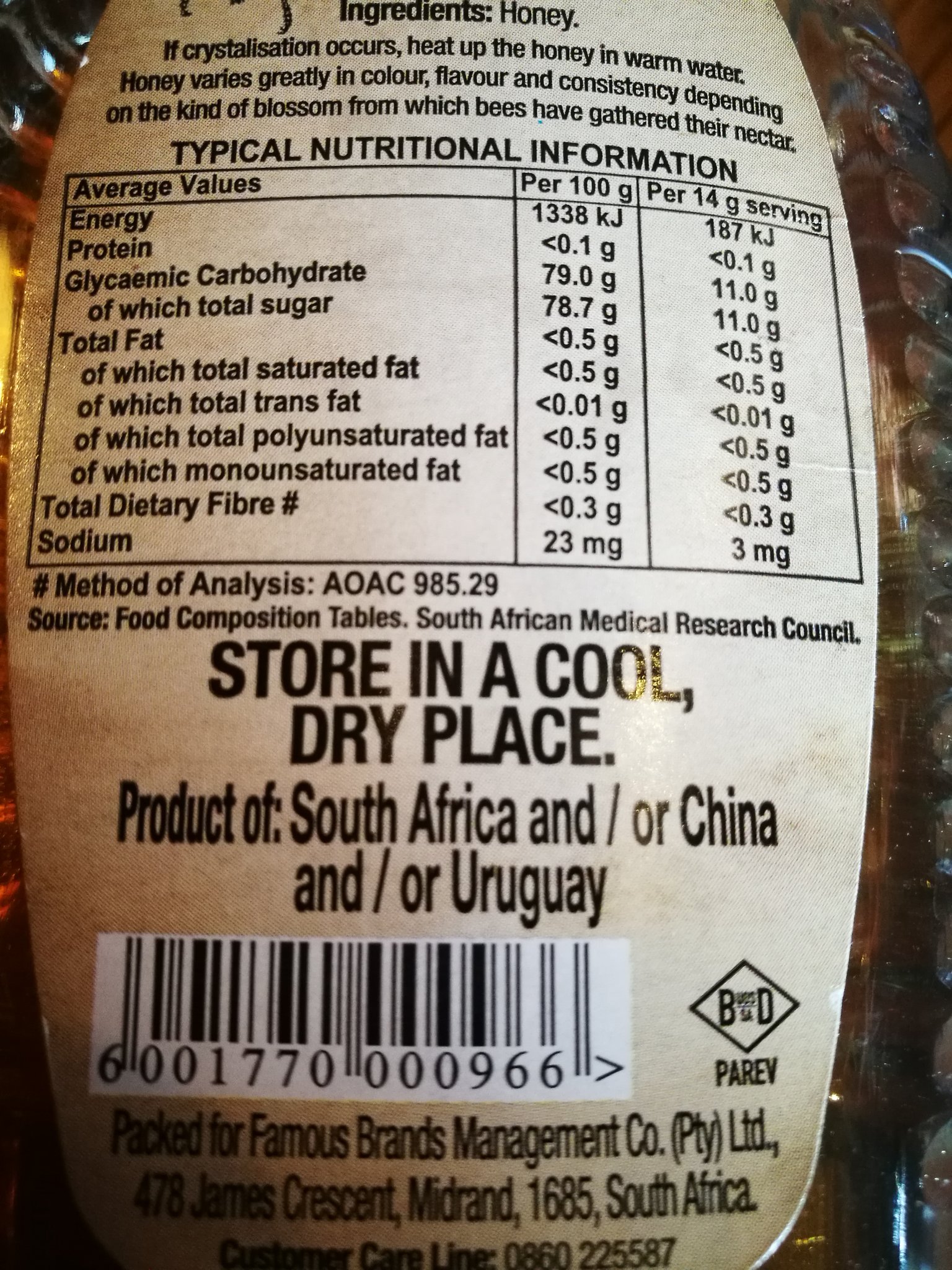

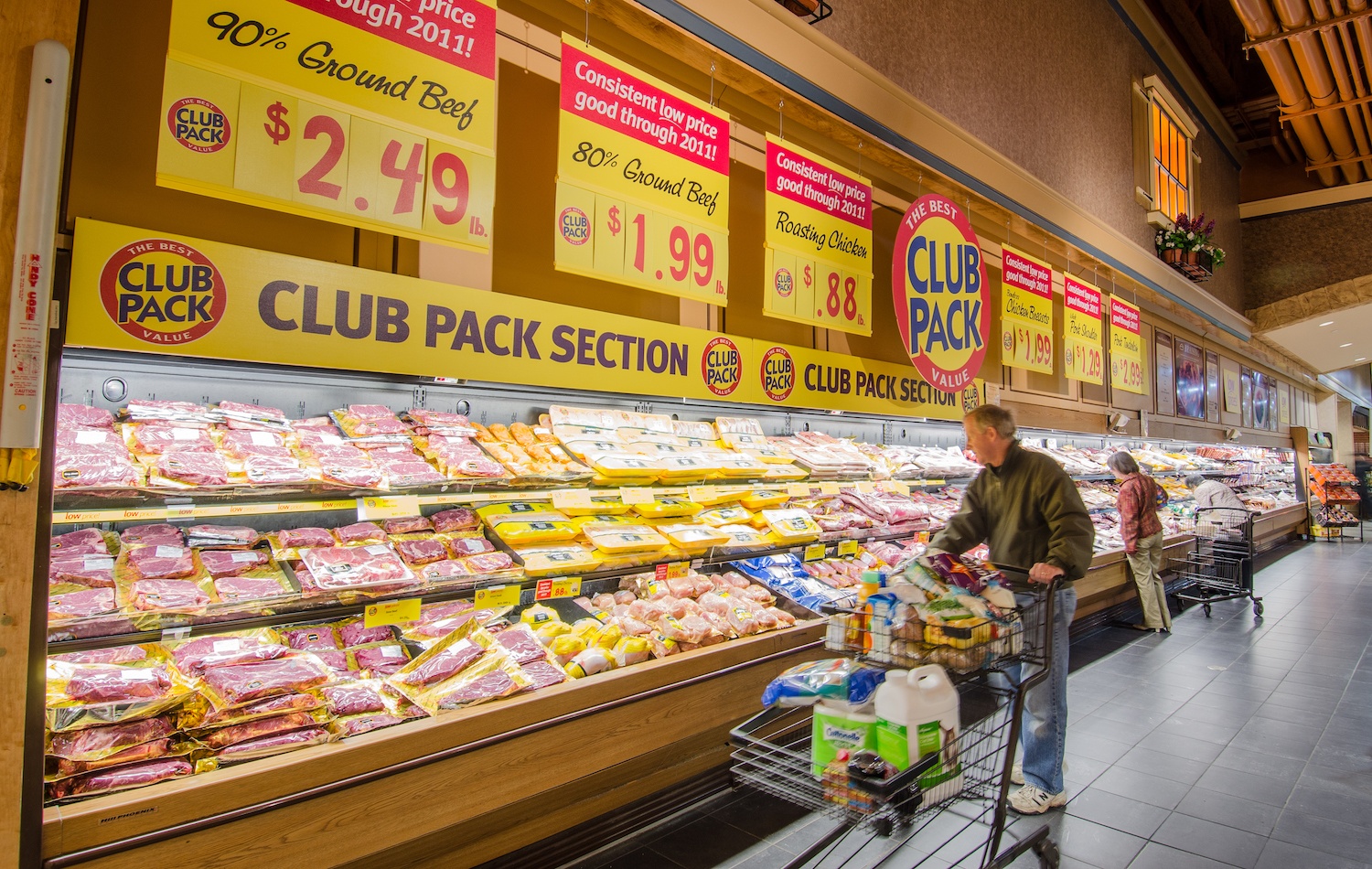
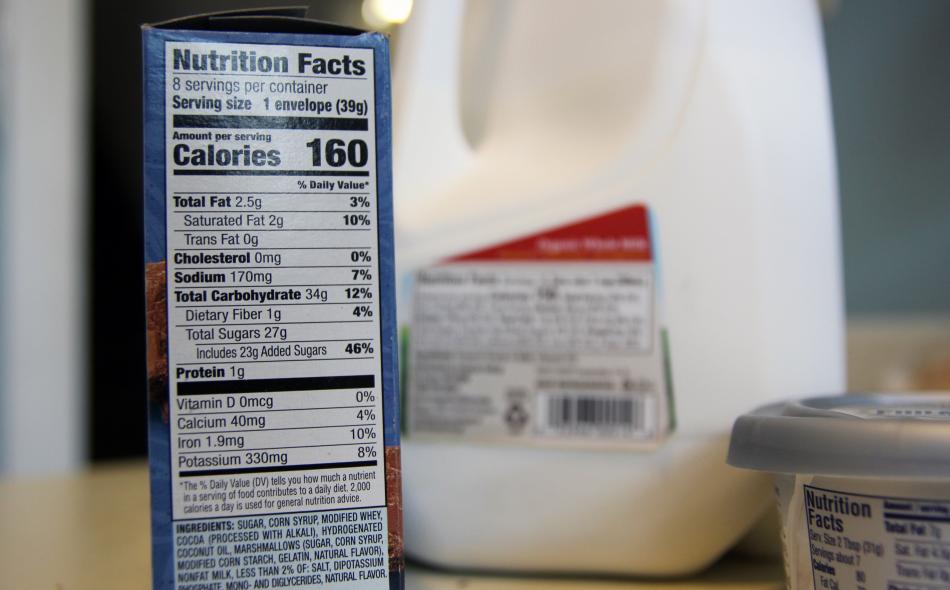
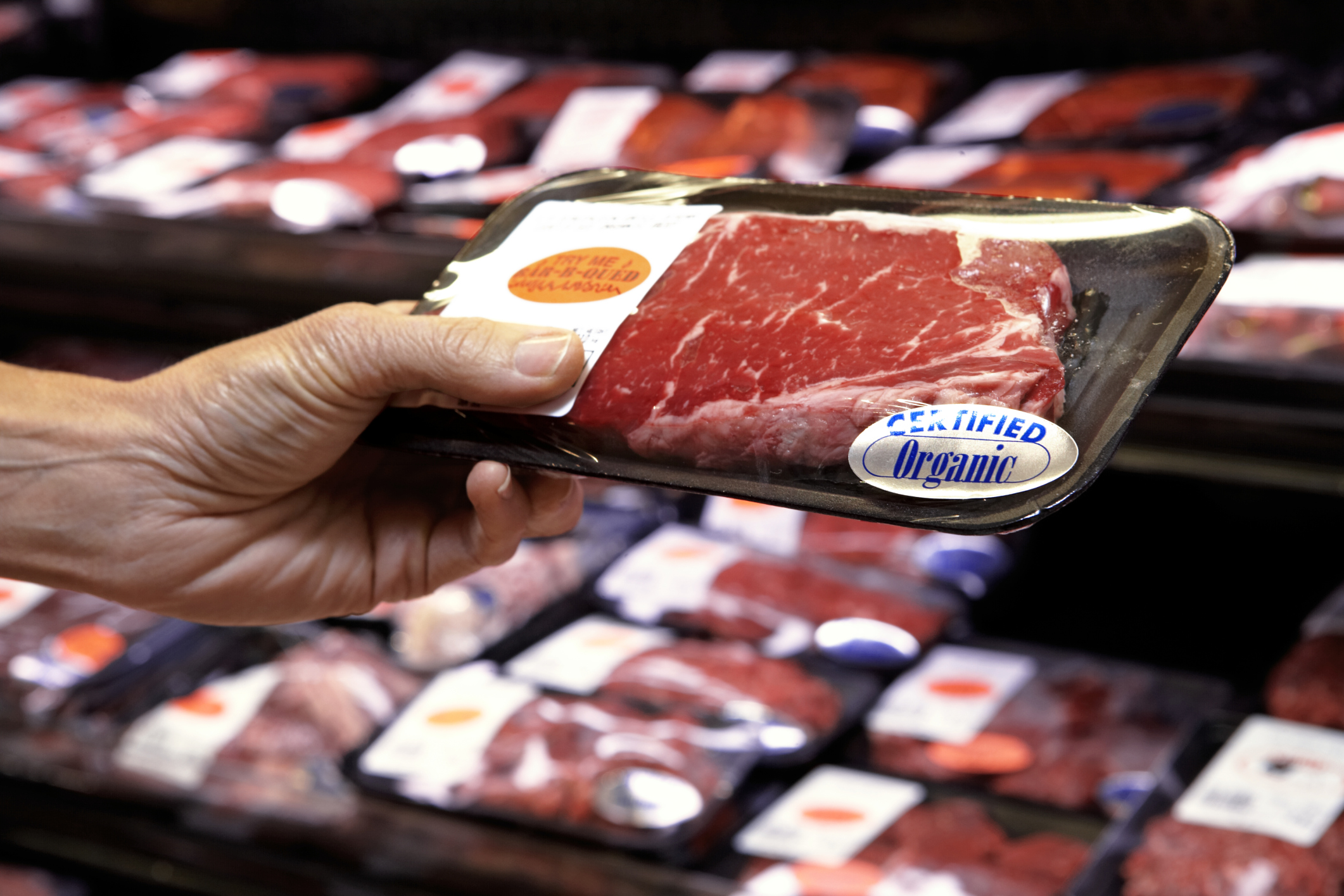


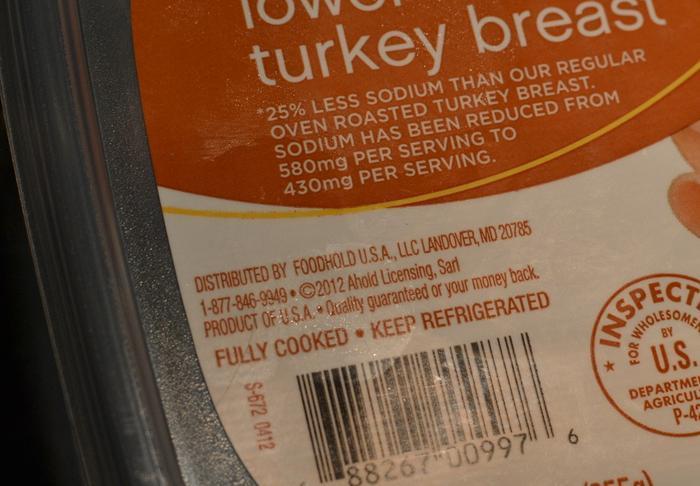

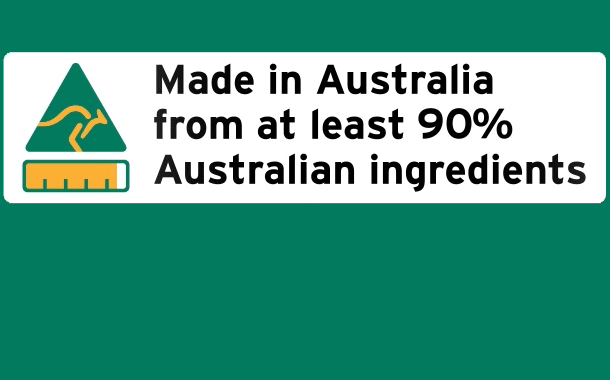

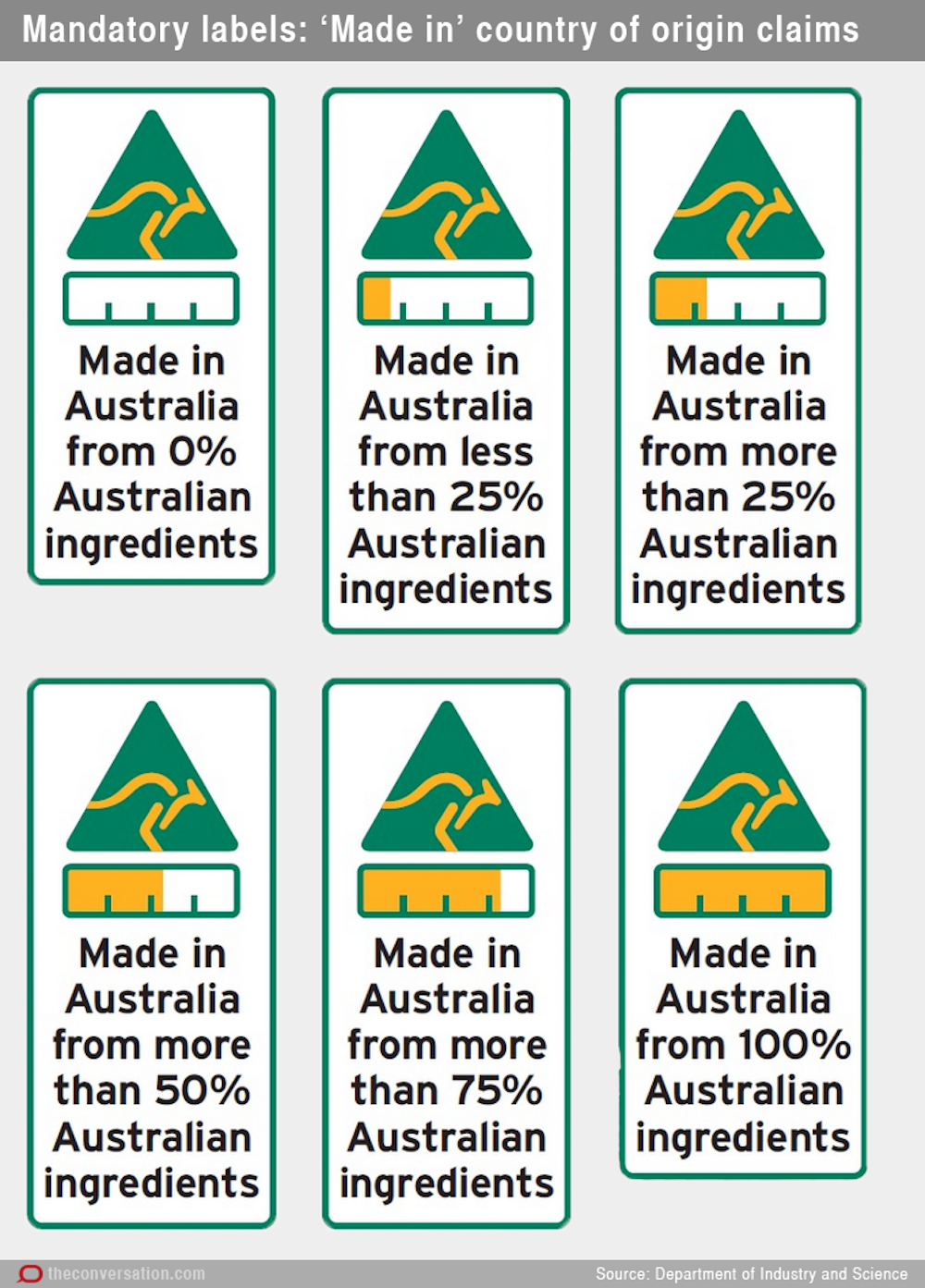
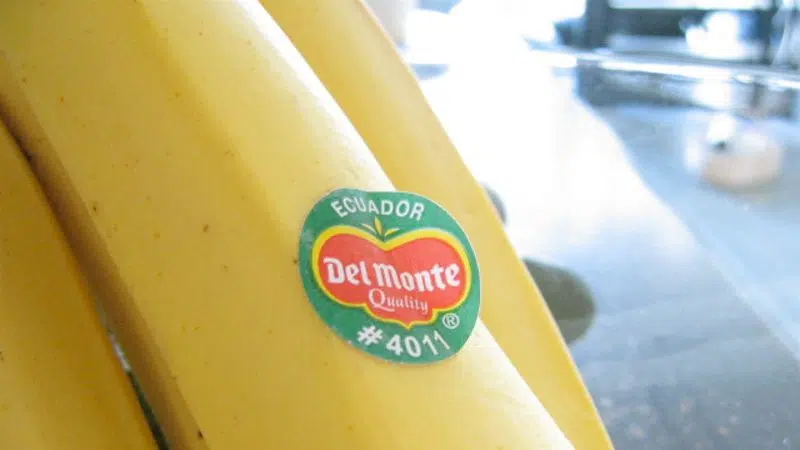

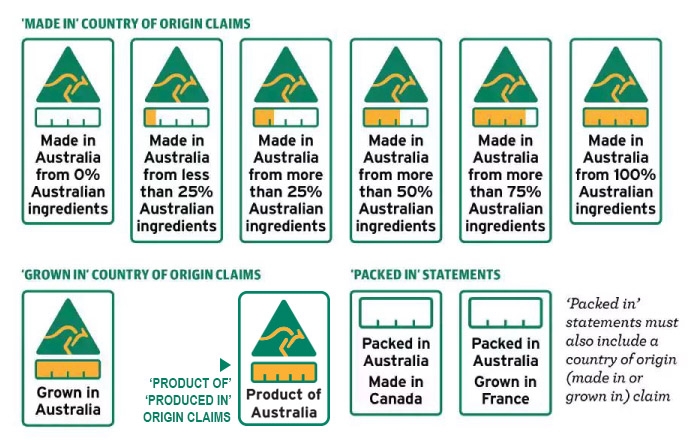


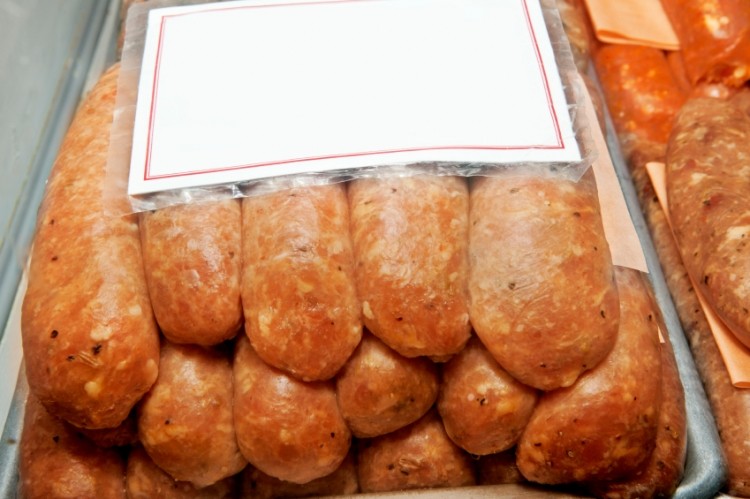



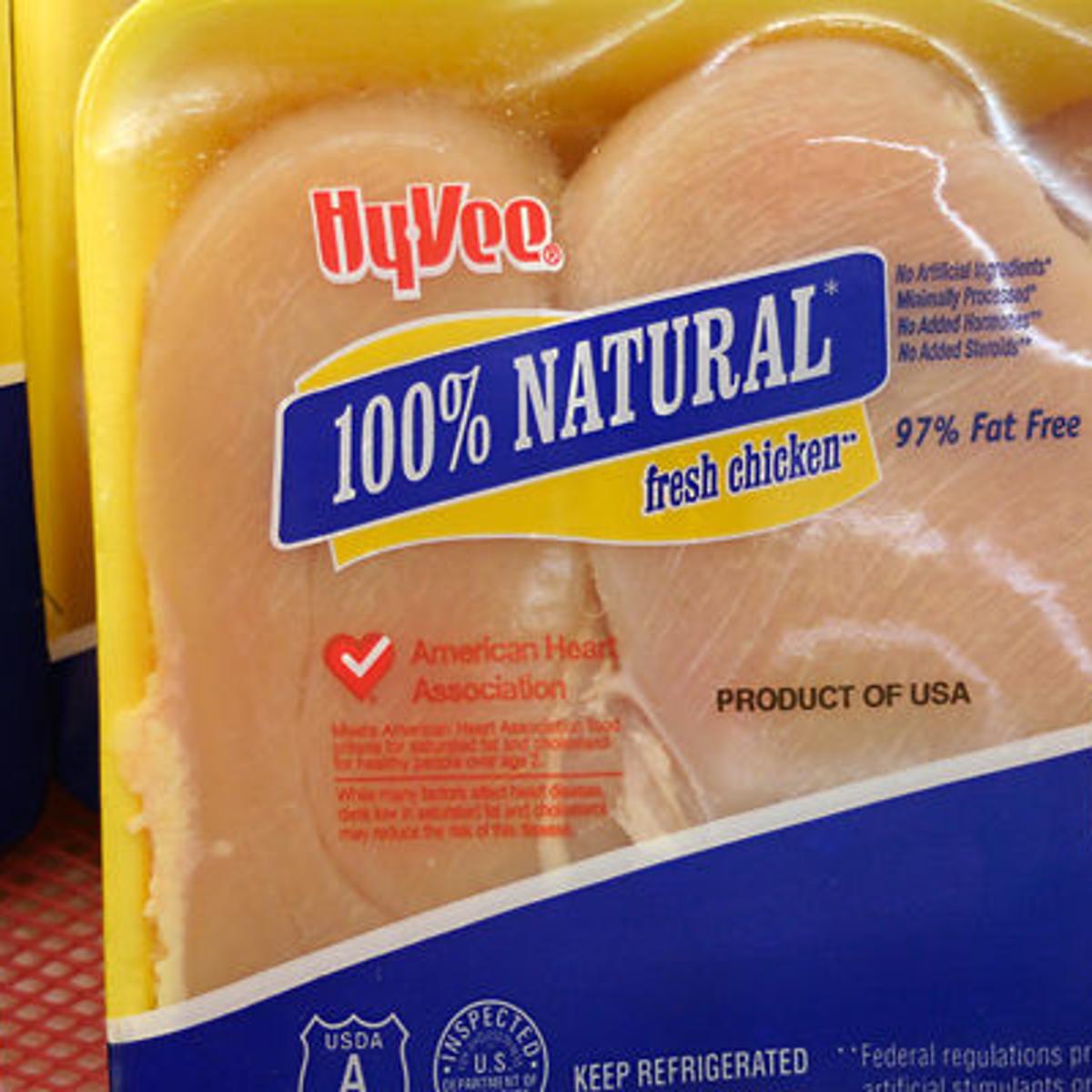
Post a Comment for "45 is country of origin required on food labels"